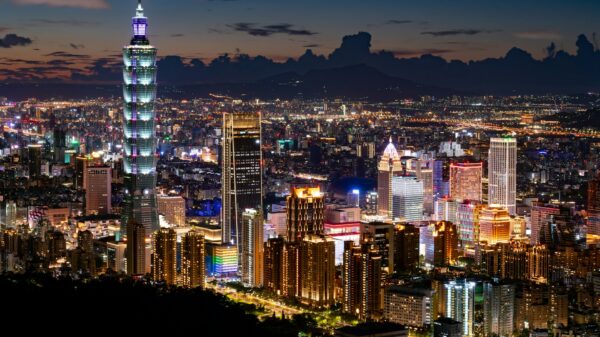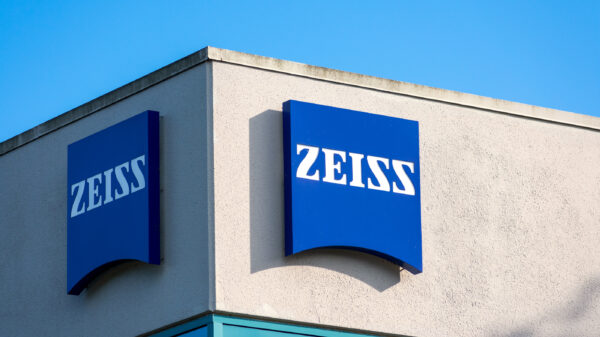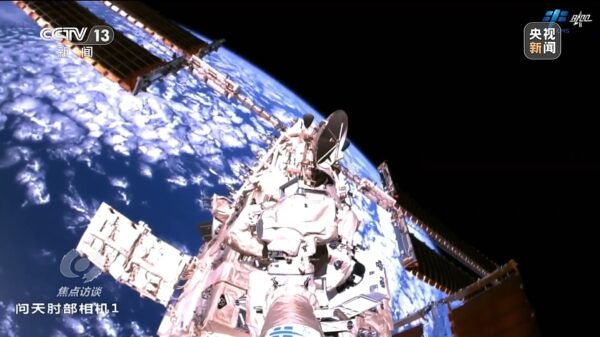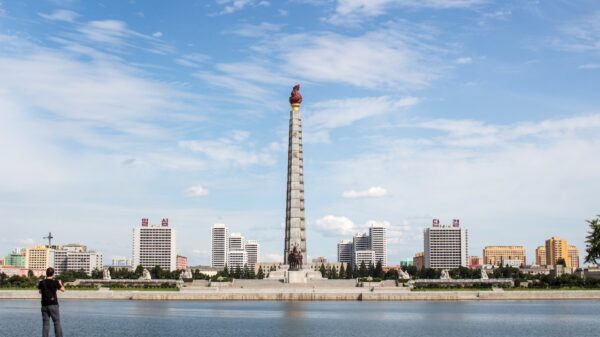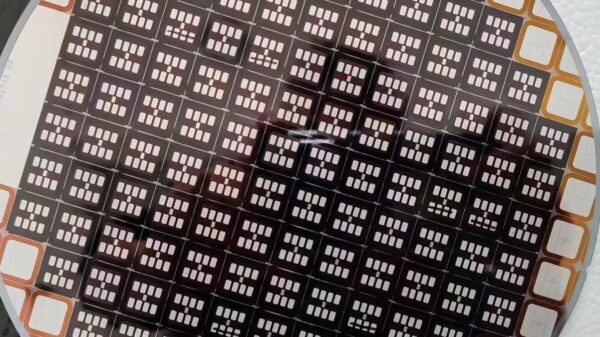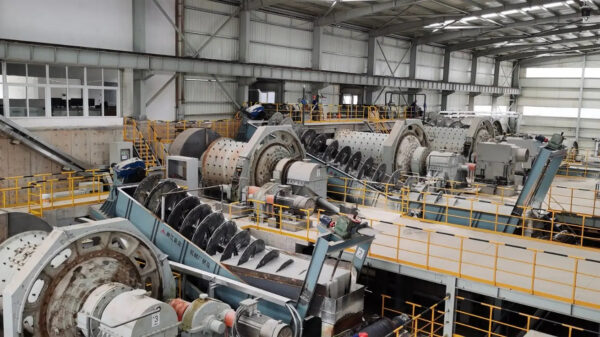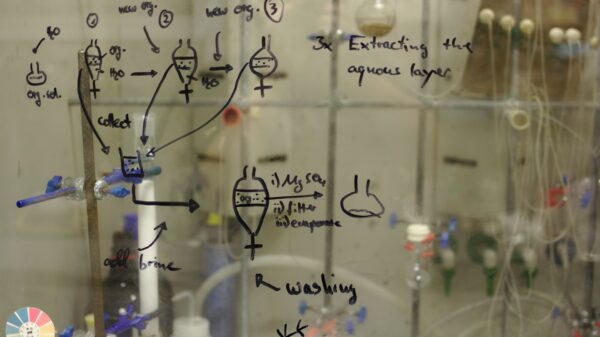In a bold move that has triggered protest from Beijing, the Japanese government has unveiled a rigorous export control strategy to curtail China's burgeoning semiconductor sector. The new regulations will impose stringent controls on the export of key semiconductor manufacturing equipment, including extreme ultraviolet (EUV) lithography and advanced etching equipment.
Japan's Ministry of Economy, Trade and Industry (METI) announced on May 23 that it would be expanding its export control regulations to include 23 new items essential for high-tech semiconductor manufacturing. This move mandates Japanese firms to obtain explicit permission from the government before exporting these items. . .







